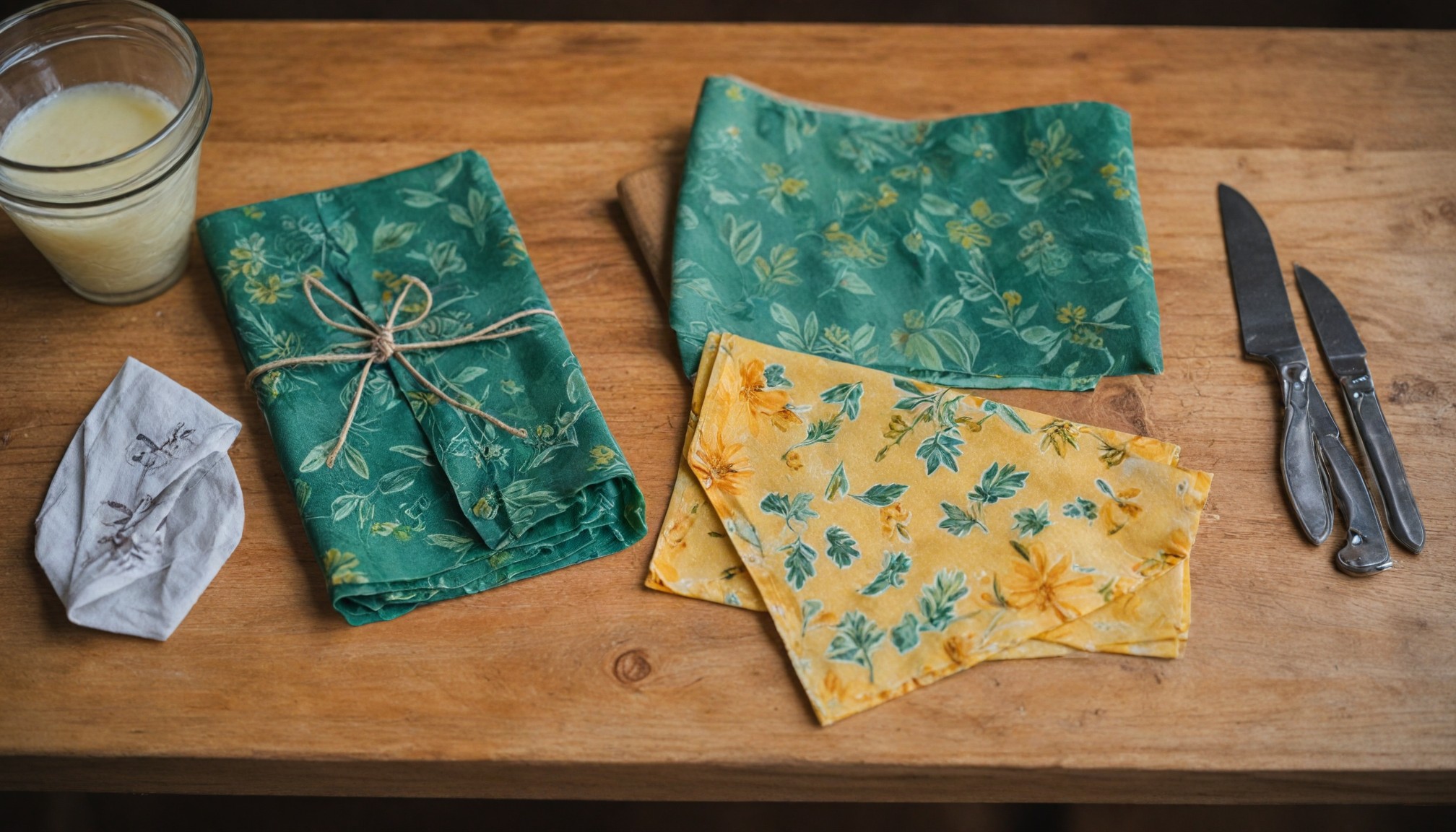
The Most Beneficial Essential Oils: For Home, Cooking, and Healing
Aromatherapy with Essential Oils
Essential oils are a versatile way to promote health and well-being. Their aromatic compounds can calm the mind, improve sleep, and boost immunity.
The History of Essential Oils
Extracted from plants through pressing, steam distillation, or extraction, essential oils differ from regular aromatic oils due to their high concentration. Direct application on the skin is not recommended.
Ancient Egyptians used aromatic blends as early as the 4th millennium BCE for religious rituals, embalming, and healing. Oils like frankincense, cassia, sandalwood, cinnamon, myrrh, cedar, and rose were commonly produced. In China and India, ginger, clove, and anise oils helped with colds and digestion, while jasmine oil eased nervous disorders.
Uses of Essential Oils
- Cleaning: Add antiseptic plant-based oils to water for cleaning surfaces.
- Insect Repellent: Create a water-based spray with peppermint, geranium, or lavender oil, or use an aromatherapy lamp. Avoid applying directly to skin or clothing.
- First Aid Kit: Eucalyptus, thyme, and sage are strong antiseptics. Peppermint cools headaches, lavender soothes anxiety and insomnia, while oregano and bergamot oils aid during colds.
- Food Industry: Essential oils' antibacterial properties extend food shelf life. They are used in spices, sauces, and meat or baked goods production.
The Most Useful Oils
- Mood Boosters: Bergamot, grapefruit, and lime oils lift spirits and can be added to hot drinks during winter. Citrus oils also freshen room air.
- Skin Care: Geranium oil has antiviral properties and can be added to skincare products to combat dry skin during cold seasons.
- Health Support: Ginger oil contains gingerol, effective for colds and digestion. Inhalations with ginger or eucalyptus oil assist with respiratory issues.
- Relaxation and Hair Growth: Lavender and lemongrass oils relax and complement tea, while rosemary oil relieves headaches and stimulates hair growth with regular use.
- Antiseptic Leader: Tea tree oil excels as an antimicrobial for fungal infections when diluted with a carrier oil.
How to Choose Quality Oils
- Always dilute essential oils with a base oil before skin application.
- Look for certified organic products to ensure purity and quality.
- Manufacturers should indicate the extraction method.
- Check the aroma—it should match the source plant and be natural, without artificial notes.
Essential oils are nature's treasure, offering countless benefits for health, home, and culinary uses. Choose wisely to harness their full potential!
Recent articles from Eco Friendly

The Eco-Friendly Benefits of Reusable Shopping Bags
Introduction: Single-use plastic bags are a major contributor to environmental pollution, clogging landfills and oceans, and harming wildlife. A simple yet impactful change you ...

Building a Bee Hotel: Supporting Pollinators in Your Backyard
Creating a bee hotel is a fun and rewarding way to support pollinators in your backyard. Bees play a crucial role in our ecosystem, pollinating a significant portion of the plants we rely on for...

Harnessing the Power of Reusable Beeswax Wraps for a Greener Kitchen
Introduction: In the quest for more sustainable living, small changes in our daily habits can make a big difference. One such change is replacing single-use plastic wrap with re...